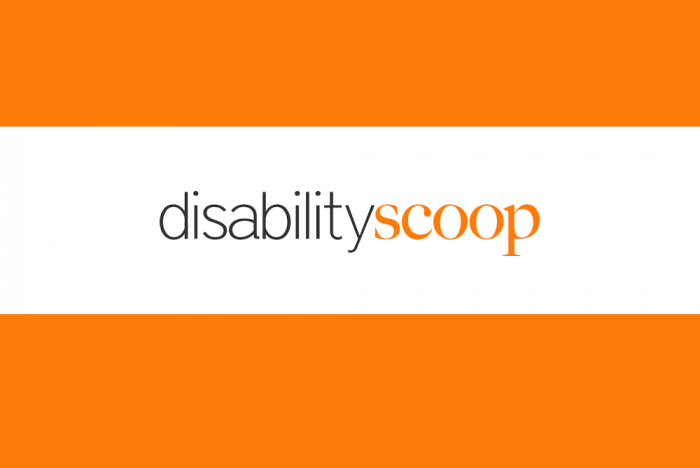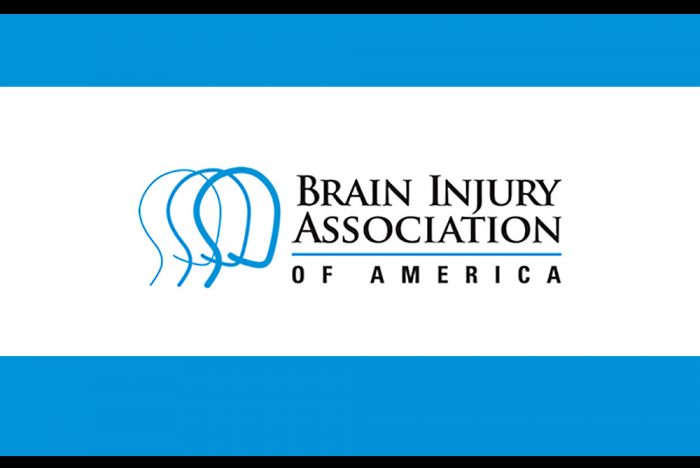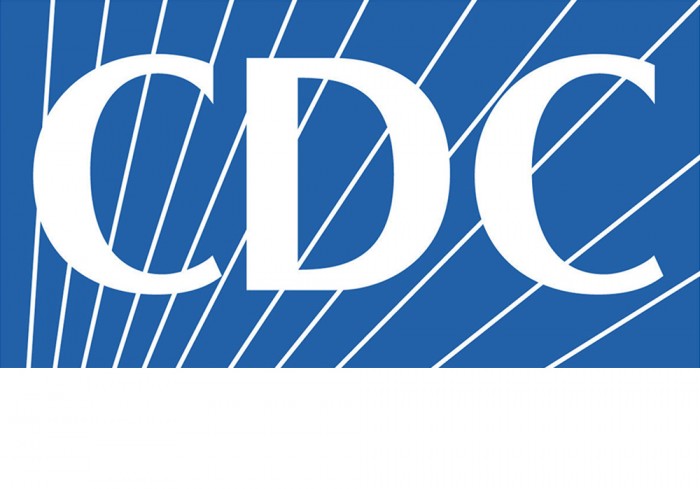Inpatient rehabilitation facilities (IRF) are reminded, as part of the Hospital Conditions of Participation (CoP), that one week of information must be submitted to the Centers for Disease Control and Prevention’s National Healthcare Safety Network (CDC NHSN) portal related to certain respiratory conditions (COVID-19, Influenza, and RSV). This information must be submitted in January, as defined in the Protocol for the NHSN Hospital Respiratory Data (HRD) Reporting:
“To meet the annual reporting requirement, annual reporters should report data using either the HRD daily data pathway or HRD weekly data pathway for one of the following full weeks in January 2026:
- Sunday, January 4, 2026 – Saturday January 10, 2026 (due by Tuesday January 13, 2025 – past due)
- Sunday, January 11, 2026 – Saturday January 17, 2026 (due by Tuesday January 20, 2026 – past due)
- Sunday, January 18, 2026 – Saturday January 24, 2026 (due by Tuesday January 27, 2026)
- Sunday, January 25, 2026 – Saturday January 31, 2026 (due by Tuesday February 3, 2026)”
Additional information on the Respiratory Reporting Requirements is available here.

















